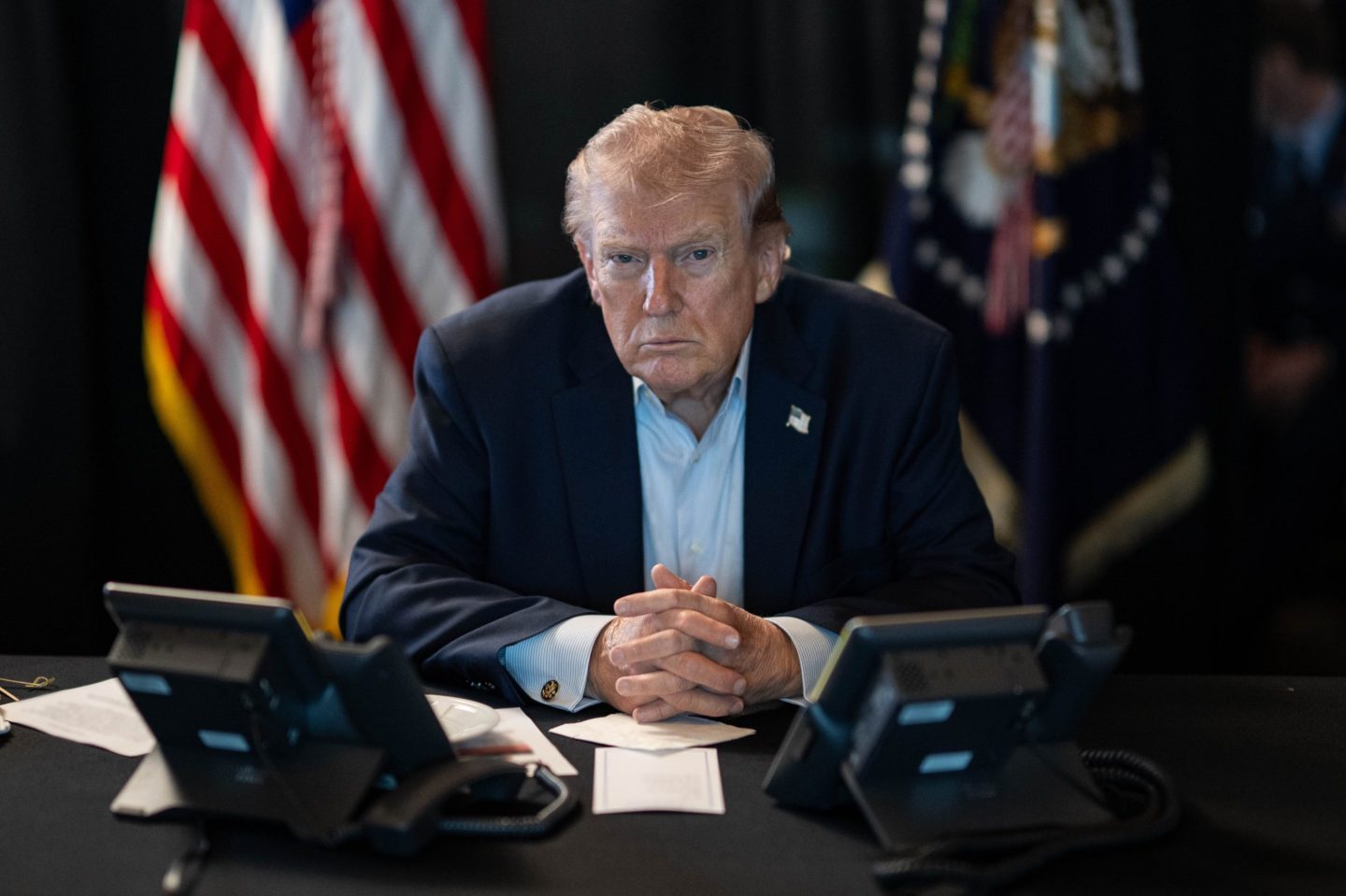Star investor Cathie Wood acknowledged that the Trump administration’s abrupt announcement of a high-priced fee for H-1B visas was a shock, stating, “The suddenness, the Friday announcement and the lack of clarity threw a lot of people, including us.” However, the ARK Invest CEO explained in a recent interview with Bloomberg, the controversial policy is not a long-term deterrent to attracting global talent, but a temporary and aggressive negotiating tactic aimed primarily at India.
Wood posited that the move is part of a “much broader negotiation,” particularly with India, that has not yet concluded. She described the policy directly as “punishment for India,” suggesting that any negative impact on the U.S. is an acceptable “side effect that will change” once a deal is reached. The initial confusion has since been clarified, with the new fee structure applying only to new H-1B visas, a detail Wood believes is crucial. She expressed confidence that U.S. tech executives understand this move is a piece of a larger diplomatic chess game.
Despite the disruptive nature of the announcement, Wood insisted that the administration’s long-term goal remains to keep as much innovation and talent in the U.S. as possible. She pointed to the administration’s stated interest in integrating foreign nationals educated in American universities into the U.S. workforce as the true indicator of its overarching strategy. “I don’t think this is long-term for the United States,” she asserted, viewing the visa fee as a short-term anomaly.
When questioned about the risk of other countries capitalizing on the situation to lure skilled workers away, Wood agreed it was a distinct possibility, a phenomenon she calls “regulatory arbitrage,” and in fact other countries “should be looking at this as an opportunity to attract the best and the brightest.” Believing the U.S. policy will eventually be reversed, she advised rival nations to “seize the moment,” if they can.
Rolling, rolling, rolling
Wood situated the visa controversy within her broader, highly optimistic outlook on the U.S. economy, which she believes is on the verge of a major upswing. She argued that the U.S. is exiting a “rolling recession” and is now entering a “rolling recovery” set to culminate in a “productivity-driven economic boom” next year. According to Wood, this boom has been “engineered by this administration” through a potent combination of deregulation and tax cuts designed to deliver good economic news ahead of the midterm elections.
Wood has some good company in this argument in the form of Mike Wilson, Morgan Stanley’s chief U.S. equity strategist. He’s been advising for three years that a kind of recession, undetected by traditional economic barometers, was “rolling” through the economy, sector by sector. Wilson has been arguing that this rolling recession started three years ago, in roughly 2022, and that it ended in April 2025, when Trump announced his “Liberation Day” and a sweeping new tariff policy. The worst should be over, Wilson argued, with Elon Musk’s DOGE layoffs marking the real end of the rolling recession, with an overdue reduction of the federal workforce.
Elaborating on the fiscal policy, Wood highlighted that while the corporate tax rate has remained at 21%, the effective rate could now be as low as 10% once accelerated depreciation on structures, equipment, and domestic R&D is factored in. She predicts this will boost the return on invested capital in the U.S. and ultimately strengthen the dollar. Addressing fears that such growth could ignite inflation, Wood was unconcerned. “Productivity is one of the most potent anti-inflationary forces,” she explained, adding that she “would not be surprised to see inflation drop below 2% next year and head for zero” because the productivity gains are so “profound.”
For this story, Fortune used generative AI to help with an initial draft. An editor verified the accuracy of the information before publishing.













